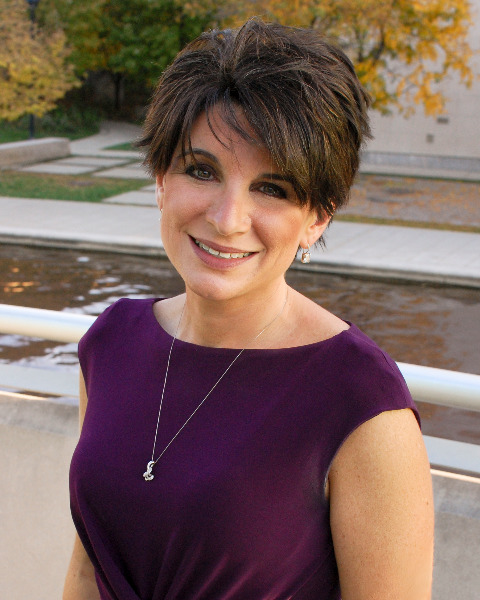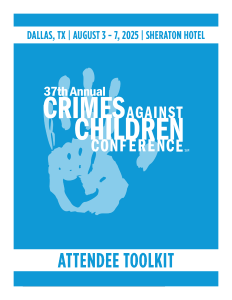Workshop
Marriott
Speed Dating or Drafting a Team? Jury Selection in Child Abuse Cases
Tuesday, August 5, 2025
2:00 PM – 3:15 PM CT
Location: Pegasus AB
Earn 1.25 Credit Hours
Target Audience: Prosecutor

Kristina Korobov
Senior Attorney
Zero Abuse Project
Primary Presenter(s)
One of the most challenging parts of any child abuse trial is picking a jury: finding people who can fairly listen to the evidence in a case, without placing unfair and impossible expectations on a child victim. Misconceptions and myths about child sexual abuse can prejudice jurors against the state’s case, affecting their ability to assess the facts. Some jurors, no matter what they say in jury selection, may simply never be able to convict an offender, even if the evidence has proven the case beyond a reasonable doubt. In the presentation, attendees will learn how to address public opinion, talk with prospective jurors (including through the use of analogies), and plan a strategy for choosing jurors who can fairly evaluate evidence.
Learning Objectives:
- Identify public beliefs that prove problematic for jurors deciding a child sexual abuse case.
- Develop an overall plan for jury selection based on the unique facts and issues that exist in your cases.
- Formulate juror questions designed to elicit truthful feedback from prospective jurors, including through the use of analogies.

